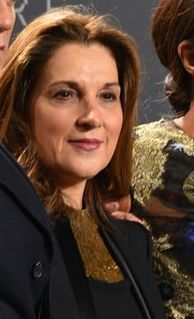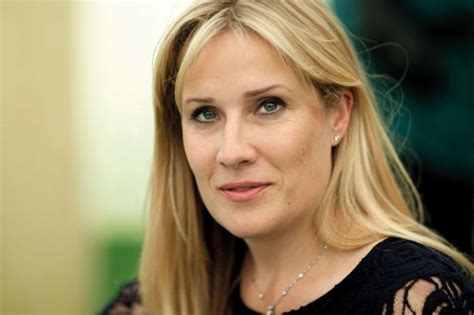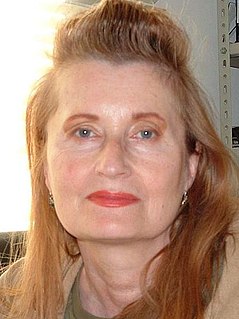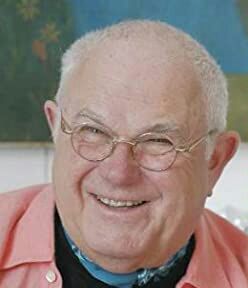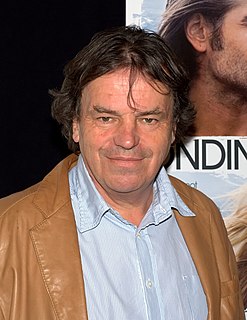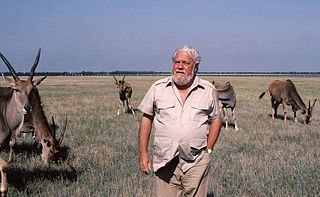A Quote by Edward Albert
I had an extraordinary childhood.
Quote Topics
Related Quotes
All of my childhood, we were on welfare. My mom received Aid for Families with Dependent Children - welfare. Without that, we wouldn't have had subsidized housing. Most of my childhood, we had a two-bedroom apartment, but eventually we got into the projects, where we had four bedrooms. That was great.
A Lucky Child is an extraordinary story, simply and beautifully told. Heartbreaking and thrilling, it examines what it means to be human, in every good and awful sense. Perhaps most amazingly of all, Thomas Buergenthal remembers and renders the small mysteries and grand passions of childhood, even a childhood lived under the most horrific circumstances.
The whole Ireland was taken over by greed and materialism. It was extraordinary. The price of every house had skyrocketed. If you were a small farmer and you had two fields outside, if you built 17 bungalows on them all, you become a millionaire, that kind of thing. It was extraordinary to see how rapidly that kind of ethic takes over a whole culture, but that's what's happened to us since the year 1998, about. It's completely extraordinary how little regard the culture had for the landscape. The country is now full of these half-built industrial parks and hotels.

